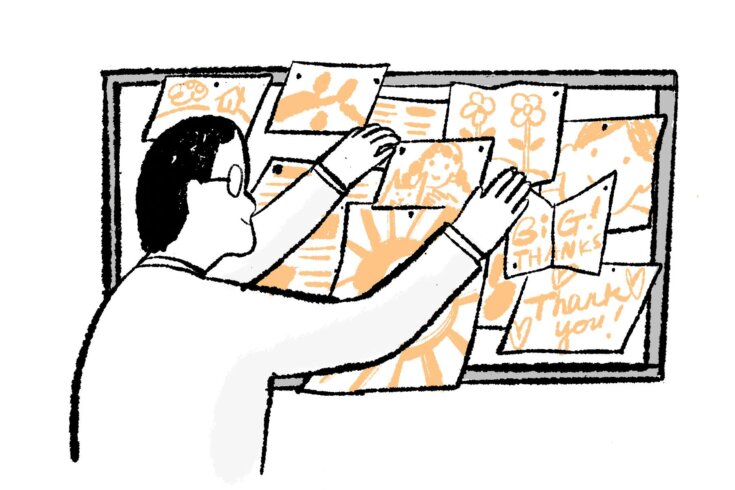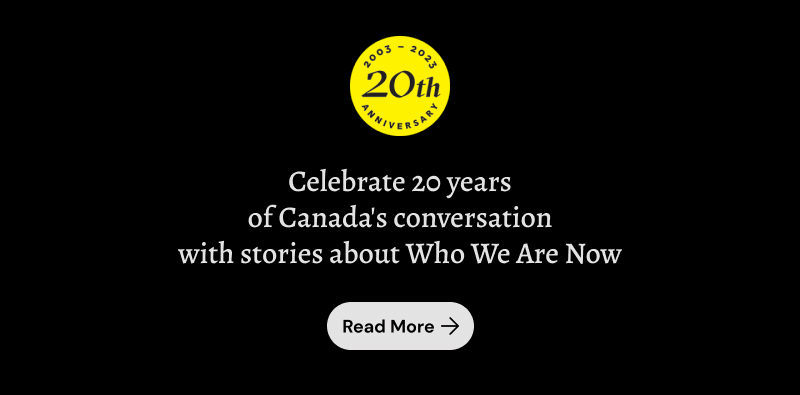I first heard about “attention deficit disorder” in the 1980s, when I started working as a consulting pediatrician in Prince Edward Island. I started being referred these children, most often boys, who had difficulty in school and were always disrupting class. Many parents didn’t believe in ADD. They would say, “My child is just a little hyperactive, what’s wrong with that?” In the late ’80s, the name was changed to attention deficit hyperactivity disorder. Over time, more people began recognizing it, and we were able to help children, to a degree, with medicines.
At first, I saw more boys than girls. Studies showed the ratio can be as high as ten to one. The main reason is that people were only looking at boys that disrupt the classroom, the so-called troublemakers—frustrated, lashing out. Generally speaking, girls, while they were sitting there, looking at the teacher as if they were paying attention, were zoning out and daydreaming. Among adult patients, the gender gap has been significantly narrowing. What I’ve learned is that everyone’s ADHD is different. I’ve never seen two people with identical symptoms. I even have patients who are twins that are very different. It’s a genetic condition. I’ve seen one family with three generations affected by ADHD: a parent, their four-year-old son, and the grandfather.
Medicine alone doesn’t do all the work that people with ADHD need. When I saw children in schools, we would rely on teachers or education assistants or on mental health workers there. They could help to redirect some of the so-called “behaviour”—a word I don’t like to use because it’s not a behaviour disorder. It’s their ADHD. Many of our patients struggle with time management: they are late to work or don’t show up at all. Organization is difficult, motivation is difficult. Having a coach or a therapist is very useful.
About six years ago, after almost four decades in pediatrics, I started winding down that work and began seeing adults with ADHD. Then, in April 2022, the provincial government gave the University of Prince Edward Island, where I work, $1 million for a pilot program for adults with ADHD—a first in Canada. Before the rollout that summer, we had 400 referrals on the wait list. Now we have over 1,000 patients waiting to be seen, indicating that awareness is growing and continued funding is needed. There are still many people who feel there is overdiagnosis of ADHD, and we know that ADHD medications are stimulants that have been abused over the decades. So we have to make sure our diagnosis is accurate. We also ask about family history and other mental health conditions that can coexist with ADHD, like depression and anxiety. We ask people to call us on a weekly basis to tell us how the medication is working so we can fine-tune and optimize. I hope private clinics are doing careful assessments and making sure the diagnosis is correct before they start treatment, because it can really harm the reputation of this work otherwise.
ADHD is common across Canada, but public access to treatment is less so. Finding a family doctor specializing in ADHD assessments and therapy is rare, so in many places, patients opt for a private clinic and have to pay for some services out of pocket. Our clinic provides assessments for free. But most provinces and territories are not at this stage yet—we’re ahead of the curve.
What we hear from many people is that medical treatment is transformative. They’re more successful at work, in relationships. Of course, it’s not 100 percent of the time. Sometimes treatment is not as good as we wish it would be, because we don’t have medication that suits them perfectly, but they’re in much better situations than they were before the diagnosis and treatment.
In the early ’90s, a young man was referred to my office. He arrived in handcuffs. He had a long history of trouble in school, using drugs, ending up in a youth detention centre and then jail. I started treating him for ADHD, and he has stayed out of jail since. That was thirty years ago, and I’m still following him yearly. He’s a grandfather now, he has a job he likes, and he’s still doing very well. These are the successes that keep me going.
As told to Michelle Cyca.






